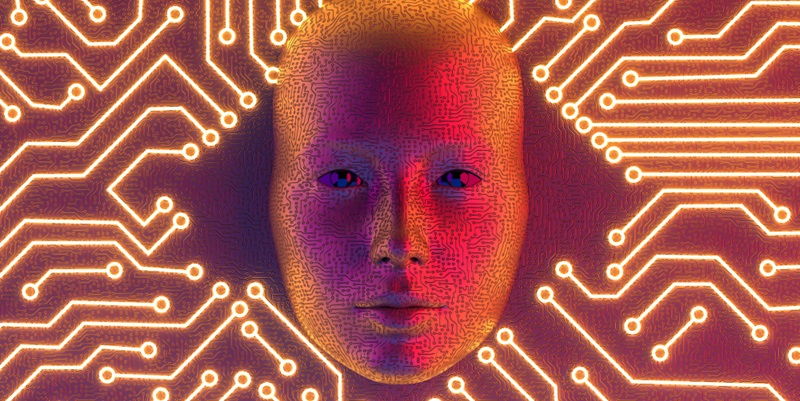The landscape of HR talent acquisition is undergoing a seismic shift thanks to the advent of artificial intelligence (AI). HR professionals are traditionally accustomed to sifting through voluminous resumes, which is time-consuming and often not the most efficient way to identify the best candidate. AI has revolutionized this process by implementing intelligent algorithms that can scan, read, and evaluate resumes far quicker than any human could. This proficiency in handling data translates to a significant cutdown in the time taken to fill positions. Not only does AI expedite the process, but it also does so with higher precision, matching candidates with roles that suit their exact skill sets and experience.
Furthermore, AI-driven platforms are now enabling the automation of repetitive tasks such as scheduling interviews, sending follow-up emails, and updating job postings. This liberation from administrative drudgery allows HR professionals to focus on more strategic aspects of their roles—improving the interviewing process, enhancing employee engagement, and ultimately, making better hiring decisions. With AI, the immediate benefits are evident in terms of time and cost savings. The technology not only identifies potentially suitable candidates but also flags those who are likely to be a good fit culturally, thereby refining the quality of hires.
Overcoming AI Implementation Challenges
Despite AI’s benefits in HR recruitment, many firms are slow to adopt due to integration issues and a limited grasp of AI’s full potential. Overcoming these hurdles requires investment in system integration and training HR staff to utilize AI effectively. This is essential to maximize AI’s capabilities while ensuring ethical and legal standards are met.
AI in talent acquisition offers significant advantages, but its success hinges on transparency and the responsible use of technology. To truly benefit from AI, companies must educate HR personnel on these systems’ functionalities, ensuring smooth integration and addressing potential biases in algorithmic decision-making. With a proactive approach, organizations can fully capitalize on AI’s transformative power in recruitment without compromising integrity.
The Future of AI in Talent Acquisition
AI is set to revolutionize HR talent acquisition with its expanding capabilities, particularly through predictive analytics. By analyzing extensive datasets, AI can forecast how well candidates may perform and fit within an organization, thereby refining hiring decisions. This can lead to better quality hires and may reduce employee turnover.
Furthermore, innovations such as virtual reality and the Metaverse are expected to transform the interview process into an immersive experience. AI’s potential extends to personalized onboarding and ongoing training programs, customized to individual learning preferences.
A significant impact of AI’s advancement is its ability to support diversity and inclusion in the workplace. By identifying and overcoming unconscious biases, AI can create broader, more diverse talent pools for organizations to tap into. As AI evolves, it promises not only to refine recruitment methodologies but also to foster a more dynamic, inclusive, and progressive work environment.

